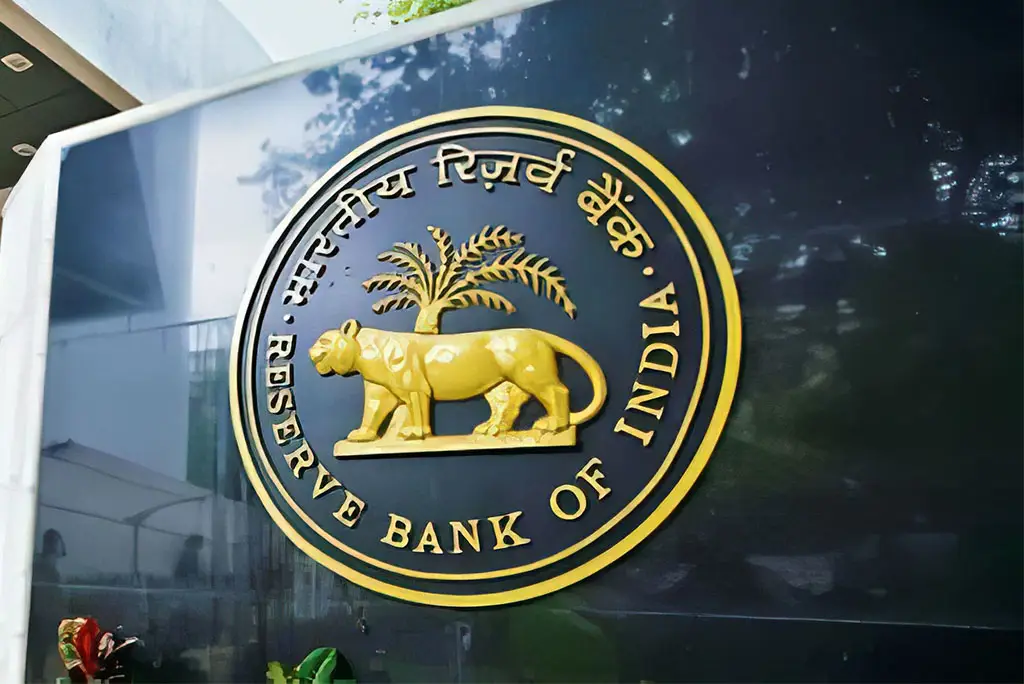The Reserve Bank of India (RBI) has toughened its stance on previous compliance lapses relating to funding abroad subsidiaries and joint ventures by corporates. Numerous corporations face difficulty making new financial commitments to their offshore subsidiaries.
The central bank has stated that companies must identify the previous compliance lapses regarding funding and pay the fines before permitting remittances. The RBI has refused a proposal from banks to allow corporates to transfer funds over on the back of an escrow account mechanism. It has asked banks to review old cross-border transfer records to identify all reporting lapses.
Reporting errors may be related to incomplete or incorrect information provided to the RBI. Up to April 13, 2016, there was an extra period of 30 days for submission of the overseas direct investment (ODI) form. The form was to be submitted to the authorised dealer (AD) bank, which handled the fund transfer. Since April 14, 2016, firms must submit the form on or before the date of financial commitment. In addition, there could be late or incorrect reporting of details on the foreign entity or its step-down subsidiary.
Banks and corporates have taken compliance lapses lightly in the past
Most banks didn’t sensitise their clients on the reporting timelines. Corporates were either unaware or under the impression that other transgressions mattered more than the delayed submission of a form for bank transfer. These transgressions included unrecovered export proceeds and over-invoicing/under-invoicing. Banks follow after their customers as the regulator closely monitors them.
The RBI generates conditional acknowledgement emails to pay the Late Submission Fee (LSF). These emails are taking an unusually long time to generate. As a result, Indian entities and resident individuals are facing problems. They cannot undertake any further investment-related transactions abroad. Such transactions include additional infusion of capital or debt, issuing a corporate guarantee, sale of shares of overseas entities, etc. The conclusion of the LSF process is necessary before carrying out these transactions.
RBI requires banks to trace transactions for the last 20 years
Every foreign entity has a unique identification number (UIN) generated during the first remittance. Banks must check transactions over 20 years under each UIN to measure the previous compliance lapses. The RBI’s tough stance has caused inconvenience to the industry as it is an impractical demand. Banks are trying to trace the old data, but few have said it might be difficult.
Restriction on further financial commitment or transfer
The “Foreign Exchange Management (Overseas Investment) Directions, 2022” state that AD banks are prohibited from assisting any outward remittance or further financial commitment by an Indian resident to a foreign entity until any reporting delay has been rectified.
Senior officials from the RBI had a meeting two weeks ago. At the meeting, banks proposed allowing corporations to transfer funds over an escrow account mechanism. The proposed mechanism would enable the payment of fines as and when penalties crystallize. The RBI officials rejected the proposal.
The Reserve Bank of India (RBI) has directed banks to examine records of cross-border transfers to identify all reporting lapses. Once identified, the regulator will assess the data to determine the late submission fee and generate a code. The RBI will permit companies to transfer funds overseas only after completing this process. In some cases, this is an impractical demand that causes inconvenience to the business, according to a senior banker.
Reporting lapses in the form of delayed or inaccurate data submitted to the RBI could cause difficulties for companies. There was an additional period of 30 days for submission of the overseas direct investment (ODI) form to the authorised provider (AD) bank, which handled the fund transfer up to April 13, 2016. Since then, companies have been required to submit the form on or before the date of financial commitment. In addition, there could be late or incorrect reporting of details on the foreign entity or its step-down subsidiary.
